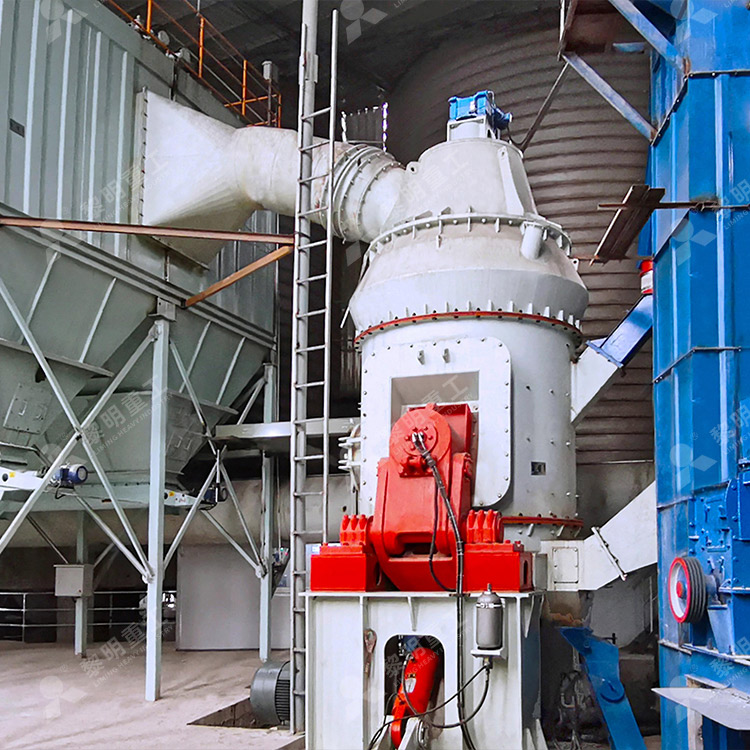Natural marble powder is widely used in construction, coatings, plastics, and cosmetics due to its high whiteness, chemical stability, and smooth texture. Producing high-quality marble powder requires efficient grinding technology. Below is an in-depth analysis of marble powder grinding mills and their market applications.Liming heavy industry company manufactued the vertical mill, MTW grinding mill,lum fine mill, which is widely applied for marble powder grinding plant.

1. Key Features of Marble Grinding Mills
High Efficiency & Precision Grinding: Advanced mills (e.g., Raymond mill, vertical roller mill, ball mill) achieve 80-2500 mesh fineness to meet different industry standards.
Low Energy Consumption: Optimized grinding mechanics reduce power usage compared to traditional crushers.
Wear-Resistant Materials: High-chromium alloy rollers and grinding rings extend machine lifespan.
Dust-Free Operation: Equipped with pulse dust collectors and closed-loop systems for eco-friendly production.
2. Applications of Marble Powder
Construction: Used in wall putty, tile adhesives, and artificial stone for enhanced durability.
Paints & Coatings: Improves opacity, weather resistance, and smoothness.
Plastics & Rubber: Acts as a cost-effective filler to improve rigidity and surface finish.
Cosmetics & Pharmaceuticals: Ultra-fine marble powder (≤10μm) is used in face powders, toothpaste, and pharmaceuticals as a safe additive.
3. Selection Guide for Grinding Mills
For coarse powder (80-400 mesh): Raymond mill or hammer mill.
For fine powder (400-1500 mesh): Vertical roller mill or ball mill.
For ultra-fine powder (1500-2500 mesh): Superfine grinding mill with air classifier.
4. Future Trends
Smart Grinding Systems: AI-controlled mills for real-time fineness adjustment.
Sustainable Processing: Low-energy and zero-waste marble powder production.
FAQ
Q1: What is the best mill for 1000-mesh marble powder?
A: A vertical roller mill with an air classifier ensures high efficiency and precise particle size control.
Q2: Can marble powder replace calcium carbonate?
A: Yes, in many applications, but marble powder has higher brightness and better smoothness, making it preferable for premium products.
Q3: How to prevent contamination during grinding?
A: Use high-purity ceramic or stainless steel liners and regular cleaning to avoid iron pollution.
Q4: What industries use ultra-fine marble powder?
A: Mainly cosmetics, pharmaceuticals, and high-end coatings due to its ultra-smooth texture.
With growing demand across industries, natural marble powder grinding mills are evolving to deliver higher efficiency and sustainability.





